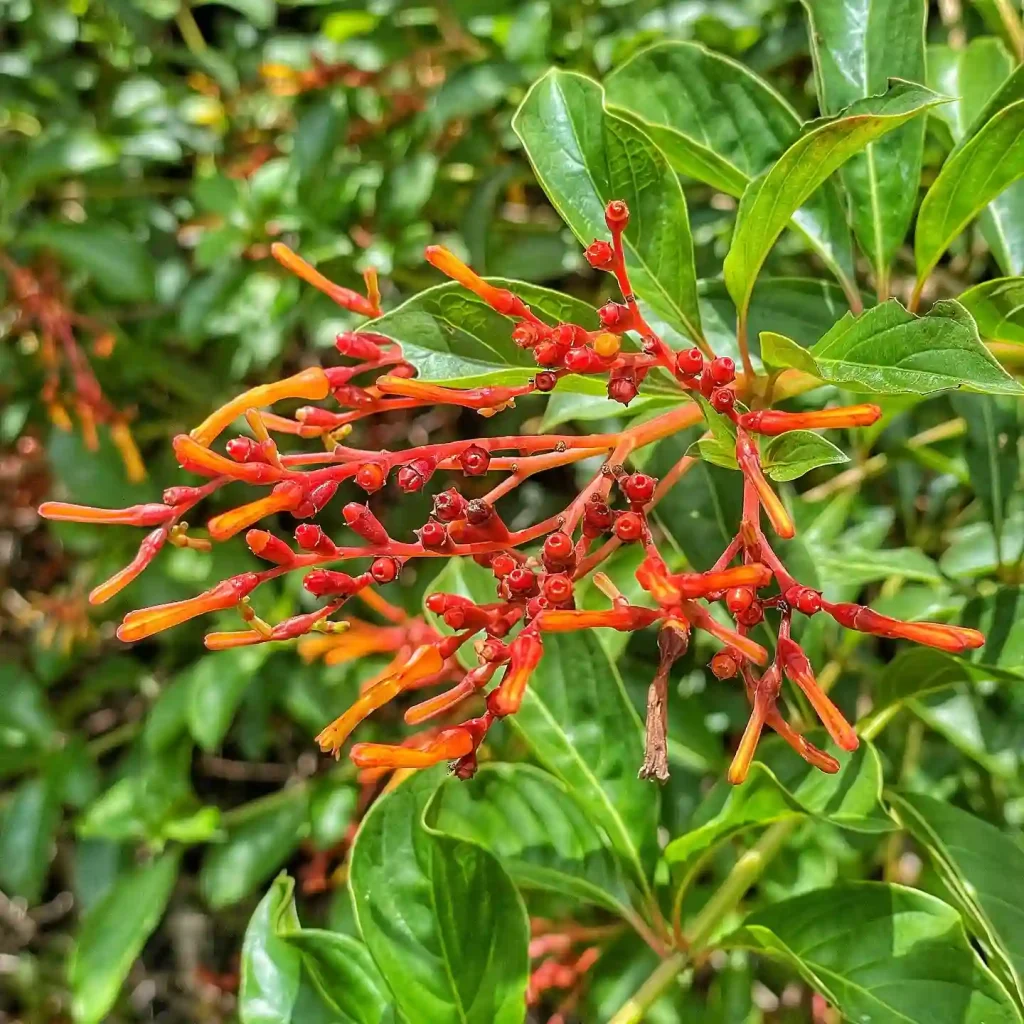
March 4 – Cedrus
"Cedrus, the majestic cedar, represents March 4."
The cedar tree stands for resilience and longevity. If you were born on this day, you have a strong foundation and an enduring spirit. Like this tree, you provide shelter and comfort to those who rely on you.
Cedrus: A Majestic Genus
My name is Ferb Vu, and I’ve always been drawn to the majesty of trees. There’s something about their silent strength and enduring presence that speaks to me. Among my favorites is the genus Cedrus, commonly known as cedar. These aren’t the cedars you might find in your neighbor’s backyard – those are often junipers or cypresses. True cedars belong to the pine family (Pinaceae) and are iconic for their grandeur and historical significance.
Distinctive Characteristics
What sets Cedrus apart? It’s a combination of factors. First, their imposing size. These trees can reach towering heights, some exceeding 130 feet. Imagine standing at the base of one, craning your neck to see the crown disappear into the sky. Then there’s the bark – thick, ridged, and often a dark gray-brown that contrasts beautifully with the foliage.
Speaking of foliage, cedar needles are arranged in spirals on long shoots and in clusters on short shoots. This gives the branches a dense, almost feathery appearance. The color can range from a vibrant green to a silvery blue-green, depending on the species and its environment. And don’t forget the cones! Barrel-shaped and held upright on the branches, they add another layer of visual interest.
A Diverse Family
While the genus Cedrus is relatively small, it boasts a fascinating diversity. Here are the 3 main species:
- Cedrus atlantica (Atlas Cedar): Native to the Atlas Mountains of Morocco and Algeria, this species is known for its conical shape and blue-green needles. It’s a popular ornamental tree and a source of timber. Plant FAQs: Cedrus Atlantica – Atlas Cedar
- Cedrus deodara (Deodar Cedar): Hailing from the Himalayas, this cedar has a more drooping appearance with longer, softer needles. In its native range, it’s revered as a sacred tree. Plant FAQs: Cedrus Deodara
- Cedrus libani (Cedar of Lebanon): Perhaps the most famous of the cedars, this species is a symbol of Lebanon and features prominently on its flag. It’s known for its massive trunk and broad, spreading branches. Sadly, overexploitation has significantly reduced its numbers. Plant FAQs: Cedrus Libani – Cedar of Lebanon
More Than Just Beauty
Cedars have played a significant role in human history. The wood is strong, durable, and resistant to decay, making it prized for construction and furniture making. The ancient Egyptians used cedar wood to build ships and sarcophagi. The Phoenicians, renowned for their seafaring skills, relied on cedar for their fleets. And the Bible mentions cedar numerous times, often as a symbol of strength and longevity.
Beyond their practical uses, cedars also have cultural and religious significance. In Hinduism, the Deodar Cedar is considered sacred, and its wood is used in temples and ceremonies. In Lebanon, the Cedar of Lebanon is a national emblem, representing resilience and immortality.
FAQs
Is cedar a hardwood?
Cedar is considered a softwood rather than a hardwood, and I’ve found it much easier to work with than denser hardwoods like oak or maple.
Is cedar good firewood?
I used cedar firewood last winter, and while it ignited quickly and gave off a pleasant aroma, it burned faster and hotter than hardwood, requiring more frequent stoking to maintain the fire.
Does cedar repel bugs?
In my experience, cedar has been a reliable natural bug repellent, particularly effective against moths and other small insects when I use cedar blocks in my closets.
What does cedar smell like?
The scent of cedar is unmistakable and comforting, with a rich, woodsy aroma that instantly reminds me of freshly cut logs and cozy cabins.
Can you paint cedar?
I painted a cedar fence a few years ago, and the wood took the paint beautifully, providing a smooth, even finish that has held up well against the elements.
Do termites eat cedar?
Termites generally avoid cedar due to its natural oils and resins, which is a significant reason I chose it for outdoor projects around my home.
Where to buy cedar lumber?
When I needed cedar lumber, I found the best selection and quality at a local lumber yard, which also offered the added benefit of knowledgeable staff to answer all my questions.
Does cedar repel mice?
Using cedar chips around my garden beds has effectively repelled mice, keeping them at bay without the need for chemical deterrents.
Can you burn cedar in a fireplace?
I learned the hard way that burning cedar in an indoor fireplace can be risky due to its high resin content, which can cause dangerous creosote buildup in the chimney.
Is cedar oil safe for dogs?
Cedar oil has been a safe and effective option for treating my dog’s flea problem, and I’ve noticed a marked reduction in scratching and discomfort.
Is cedar oil safe for cats?
For my cats, cedar oil has also proven safe, and I often use it to treat their bedding, keeping it fresh and free of pests.
What color is cedar?
Cedar’s natural color varies from light amber to a deep reddish-brown, giving any project a warm, inviting look that’s both distinctive and appealing.
Does cedar repel mosquitoes?
Whenever I’m outside in the summer, I’ve noticed that cedar furniture and mulch seem to deter mosquitoes, making my outdoor spaces more enjoyable.
How to clean cedar wood?
To clean cedar wood, I use a gentle mixture of water and mild soap, scrubbing lightly with a soft brush to maintain its natural beauty and longevity.
Cedar vs Pine
I’ve always loved the warmth and rich aroma of cedar over pine, though pine’s lighter color and more open grain do make it easier to work with for some projects.
Cedar vs Juniper
Juniper’s distinctive spicy scent is intriguing, but I find cedar’s more subtle, earthy fragrance far more pleasant and less overpowering for indoor spaces.
Cedar vs Cypress
Cypress wood has a lovely, slightly golden hue, but I’ve found cedar’s more reddish tones and superior resistance to insects make it a better choice for my outdoor furniture.
Cedar vs Redwood
Redwood‘s grand, majestic look is impressive, but cedar’s durability and lighter weight often win out for me when building smaller garden structures.
Cedar vs Arborvitae
Arborvitae has an appealingly dense and lush appearance, yet cedar’s natural oils and classic scent make it my go-to for both aesthetic and practical reasons in my garden.
Cedar vs Spruce
While spruce is great for structural uses and has a pleasant appearance, I prefer cedar’s robustness and its ability to resist decay for my outdoor decking projects.
Cedar vs Oak
Oak‘s strength and classic appeal are undeniable, but I personally favor cedar for its lighter weight and natural resistance to weathering, which suits my needs better for garden furniture.
Cedar vs Douglas Fir
Douglas Fir is a strong contender for heavy-duty applications, yet I appreciate cedar’s superior decay resistance and its smoother finish for my various woodworking projects.
A Personal Connection
For me, cedars are a source of inspiration. Their ability to withstand harsh conditions and live for centuries is a testament to their resilience. When I stand among these giants, I feel a sense of awe and connection to the natural world. They remind me that there’s more to life than the hustle and bustle of everyday existence. There’s beauty, strength, and a timeless quality that we can all aspire to.
I encourage you to seek out these magnificent trees if you have the opportunity. Whether you encounter them in a botanical garden, a national park, or a historic site, take a moment to appreciate their grandeur. You might just find yourself as captivated by them as I am.



